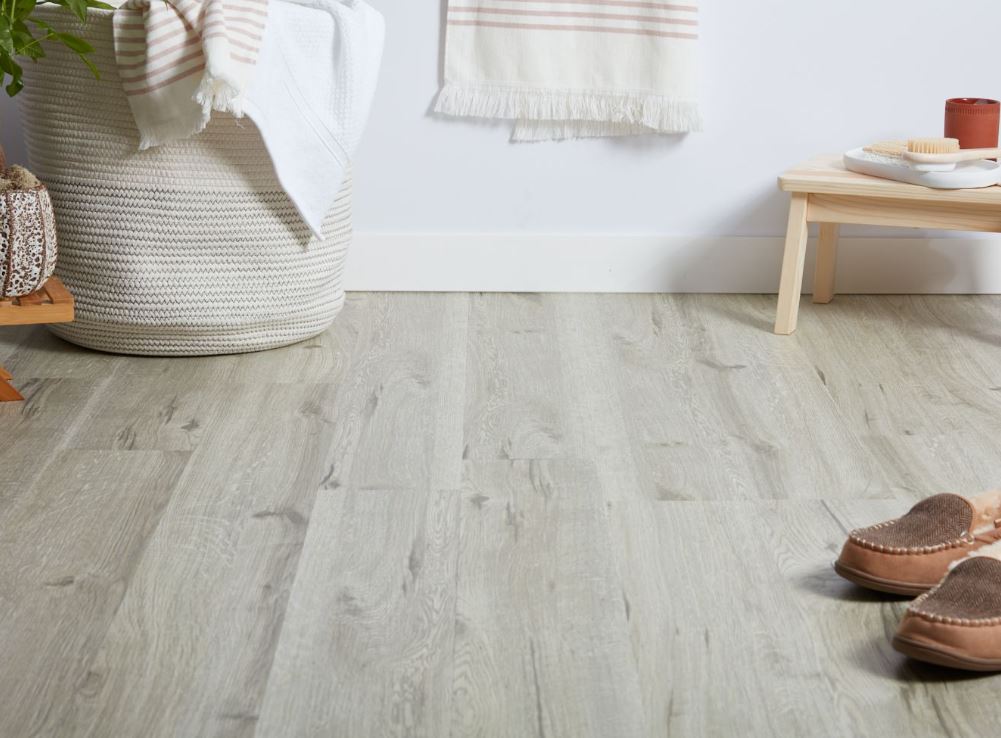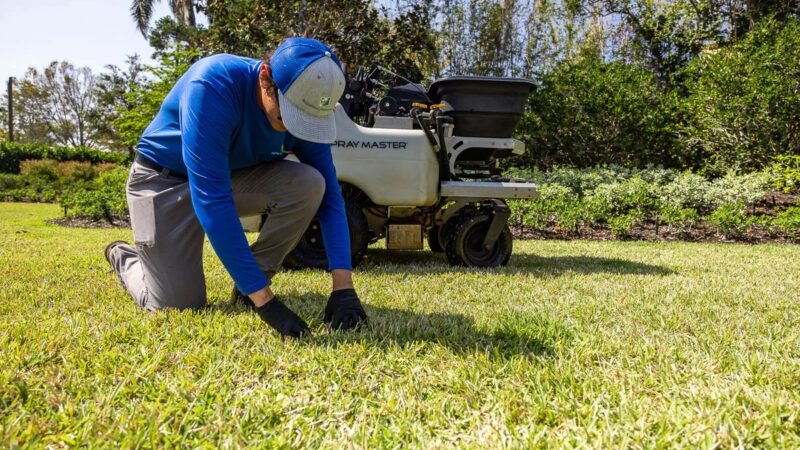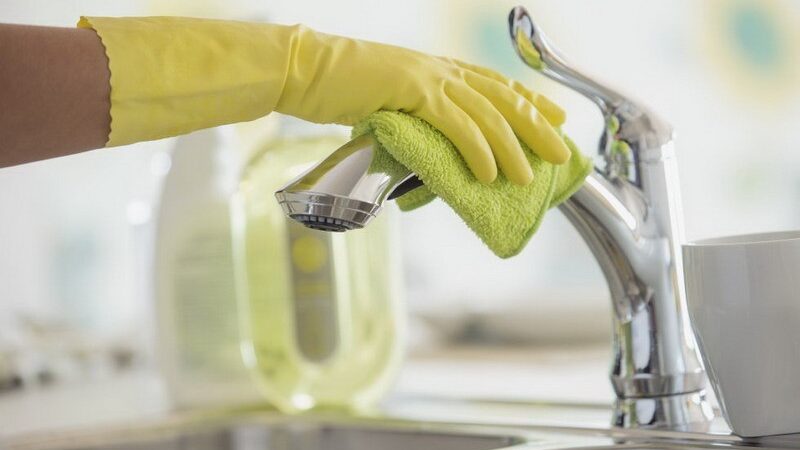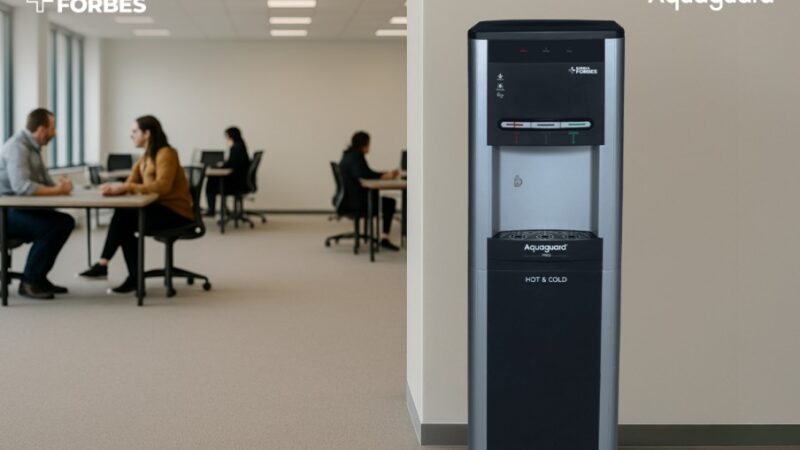Eco-Friendly Vinyl Flooring: A Sustainable Choice for Your Home

As homeowners and designers alike seek more sustainable solutions for their spaces, eco-friendly vinyl flooring Dubai has emerged as a compelling option. Once criticized for its environmental impact, advancements in technology and manufacturing have transformed vinyl flooring into a more eco-conscious choice. Here’s an in-depth look at why eco-friendly vinyl flooring might be the perfect fit for your home and the planet.
What Makes Vinyl Flooring Eco-Friendly?
Eco-friendly vinyl flooring is designed to minimize environmental impact throughout its lifecycle, from production to disposal. Here are the key factors that contribute to its sustainability:
Recyclable Materials:
Modern vinyl flooring often incorporates recycled materials, reducing the need for virgin resources.
Some manufacturers offer take-back programs where old vinyl floors are recycled into new products, reducing landfill waste.
Low-VOC Emissions:
Traditional vinyl flooring was notorious for emitting volatile organic compounds (VOCs), which can harm indoor air quality.
Eco-friendly options are now certified low-VOC, promoting healthier living spaces.
Longevity and Durability:
The longer a product lasts, the fewer resources are needed to replace it. Eco-friendly vinyl flooring is built to withstand wear and tear, reducing the frequency of replacements.
Energy-Efficient Manufacturing:
Innovations in production processes have decreased the energy consumption and carbon footprint associated with vinyl flooring.
Benefits of Choosing Eco-Friendly Vinyl Flooring
Opting for eco-friendly vinyl flooring isn’t just good for the environment—it offers several practical benefits for homeowners:
Aesthetic Versatility:
Vinyl flooring comes in a wide array of designs, mimicking natural materials like wood, stone, and ceramic without depleting these resources.
Its high-definition printing and textured finishes make it nearly indistinguishable from the real thing.
Water Resistance:
Unlike hardwood or laminate, vinyl flooring is impervious to water, making it an excellent choice for kitchens, bathrooms, and basements.
Affordability:
Eco-friendly vinyl options are competitively priced, offering a cost-effective way to achieve stylish and sustainable interiors.
Ease of Maintenance:
With simple cleaning requirements and resistance to stains, eco-friendly vinyl flooring is a low-maintenance solution for busy households.
Comfort Underfoot:
Vinyl flooring has a softer feel compared to materials like tile or hardwood, making it comfortable for standing or walking for extended periods.
Popular Eco-Friendly Vinyl Flooring Brands
When shopping for eco-friendly vinyl flooring, look for manufacturers that prioritize sustainability and transparency. Here are a few notable brands:
Forbo Flooring:
Offers Marmoleum, a natural linoleum product often categorized with vinyl for its durability and aesthetic appeal.
Features renewable materials like linseed oil, wood flour, and jute backing.
Armstrong Flooring:
Provides a line of low-VOC vinyl flooring with a focus on durability and recyclability.
Shaw Floors:
Their Floorté line is known for using recycled content and offering cradle-to-cradle certification.
Karndean Designflooring:
Committed to sustainable manufacturing practices and creating long-lasting, recyclable products.
How to Ensure Your Vinyl Flooring is Truly Eco-Friendly
Not all vinyl flooring labeled “eco-friendly” meets high sustainability standards. Here’s what to look for:
Certifications:
Look for certifications such as FloorScore® and GREENGUARD, which verify low emissions and indoor air quality compliance.
Check for Environmental Product Declarations (EPDs) to understand the lifecycle impact of the product.
Material Transparency:
Opt for brands that disclose their materials and manufacturing processes.
Prioritize products with recycled content or bio-based materials.
Manufacturer Take-Back Programs:
Choose companies that recycle old flooring into new products, minimizing waste.
Local Sourcing:
If possible, select flooring manufactured closer to your location to reduce the carbon footprint associated with transportation.
Installing Eco-Friendly Vinyl Flooring: Tips and Best Practices
To maximize the sustainability of your vinyl flooring, consider these installation and maintenance tips:
Choose Adhesive-Free Options:
Many eco-friendly vinyl flooring products use click-lock or loose-lay systems, eliminating the need for adhesives that may emit VOCs.
Proper Subfloor Preparation:
Ensure your subfloor is clean and level to reduce material waste during installation.
Reuse Scraps:
Save and repurpose leftover flooring pieces for repairs or creative DIY projects, like coasters or wall accents.
Maintain Regularly:
Clean with eco-friendly products to preserve the finish and reduce environmental harm.
Final Thoughts
Eco-friendly vinyl flooring Dubai is a smart choice for those seeking a balance between style, functionality, and sustainability. With advancements in materials and manufacturing processes, this versatile flooring option has shed its old reputation to become a responsible choice for modern homes. By selecting products with clear sustainability certifications and supporting brands with green practices, you can create a beautiful home that aligns with your eco-conscious values.
When planning your next renovation or remodel, consider eco-friendly vinyl flooring as a sustainable, durable, and stylish solution. Not only will you enhance your living space, but you’ll also contribute to a healthier planet for future generations







